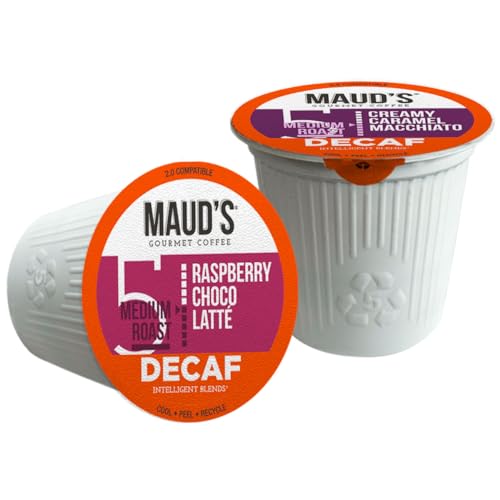The Environmental Impact of Keurig K-Cups: What You Need to Know
Keurig K-Cups have become a popular way to brew coffee at home and in the office due to their convenience and variety of flavors. However, the environmental impact of these single-use plastic pods has raised concerns among consumers and environmentalists. In this article, we will explore the environmental impact of Keurig K-Cups and what you can do to minimize it.
Environmental Impact
Keurig K-Cups are made from a combination of plastic, aluminum, and paper, which makes them difficult to recycle. As a result, the majority of K-Cups end up in landfills, where they can take hundreds of years to break down. The production of K-Cups also contributes to pollution and greenhouse gas emissions, as well as the depletion of natural resources.
What You Can Do
Despite the environmental impact of Keurig K-Cups, there are steps you can take to minimize their impact on the environment. One option is to use reusable K-Cups, which are made from durable materials and can be refilled with your choice of coffee grounds. This not only reduces the amount of waste generated from single-use K-Cups but also saves you money in the long run.
Another option is to switch to a different brewing method, such as a traditional coffee maker or a French press, which produces less waste and can be more environmentally friendly. Additionally, you can look for brands that offer compostable or biodegradable K-Cups, which break down more easily in a landfill and have a lower environmental impact.
FAQs
Are Keurig K-Cups recyclable?
While some local recycling programs may accept certain components of K-Cups, the majority of K-Cups are not easily recyclable due to their construction of plastic, aluminum, and paper. It’s best to check with your local recycling facility to see if they accept K-Cups or their components.
Can I recycle the plastic K-Cups?
Some K-Cups have a plastic component that is recyclable, but it’s important to note that the plastic is often contaminated with coffee grounds, making it difficult to recycle. It’s best to check with your local recycling program to see if they accept plastic K-Cups.
Are there any alternatives to Keurig K-Cups?
Yes, there are several alternatives to Keurig K-Cups, including reusable K-Cups, traditional coffee makers, French presses, and compostable or biodegradable K-Cups. These alternatives can help reduce the environmental impact of single-use K-Cups.
What can I do with used K-Cups?
There are several creative ways to repurpose used K-Cups, such as using them as seed starters for plants, as organizers for small items, or as molds for homemade bath bombs. However, it’s important to note that these are temporary solutions and the best way to minimize the environmental impact of K-Cups is to use alternatives or reusable options.
Overall, the environmental impact of Keurig K-Cups is a concern for many consumers, but there are steps you can take to minimize their impact on the environment. By using reusable K-Cups, switching to other brewing methods, and choosing compostable or biodegradable options, you can help reduce the amount of waste generated from single-use K-Cups and make a positive impact on the environment.
“All images and products featured on this Blog.troca.cafe are the property of their respective owners. All rights to these materials are acknowledged and reserved.”
